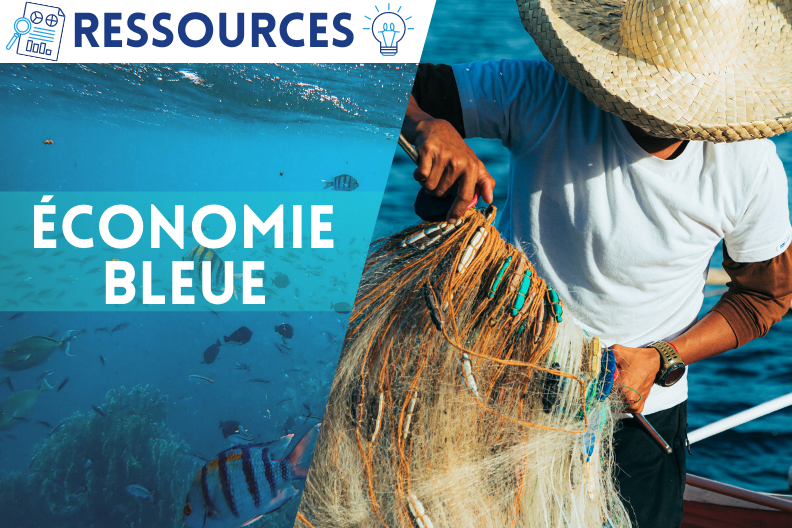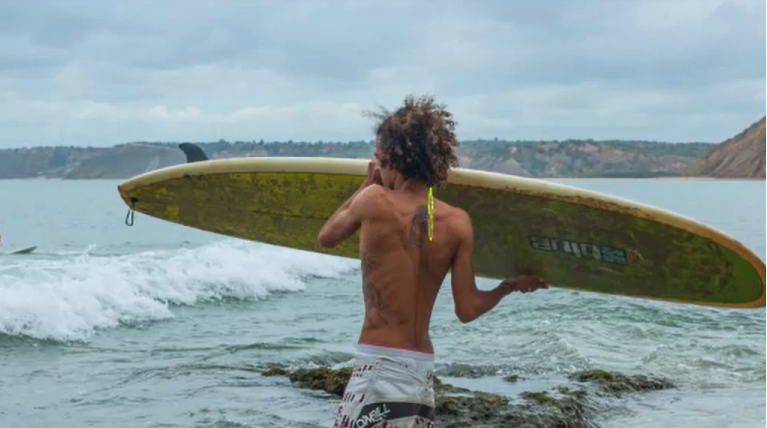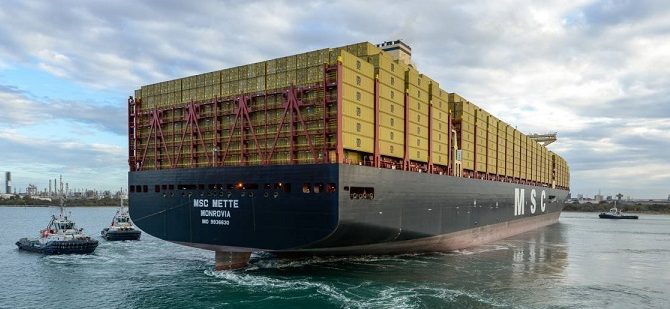Within the framework of the Blue Economy and Coastal Management Advisory and Analytical Services Program (P-ASA) in North Africa (P170596) and its Phase II (P180756), the World Bank (WB) has provided technical assistance to the Tunisian government and prepared a report titled « The Blue Economy in Tunisia » (*), highlighting sustainable development opportunities for coastal and marine areas involving all relevant stakeholders. This report reviewed existing and emerging activities in the « blue » sectors, assessed the development potential of the blue economy, and offered recommendations, identifying priority actions. Tunisia’s main blue economy sectors include coastal tourism, fishing, and maritime transport.
However, growth in these blue sectors faces various challenges due to climate change, biodiversity loss, and pollution. Prior analyses under the P-ASA have identified the two main threats to Tunisia’s blue economy: coastal erosion and plastic pollution.
Based on diagnostics and strategic framing, a roadmap for developing the blue economy was prepared within the technical report « Beyond the Coastline—Toward a Blue and Resilient Future for Tunisia. » The roadmap is structured around three pillars: Pillar 1: Data, Analysis, and Dissemination; Pillar 2: Strategic, Institutional, and Budgetary Reforms; and Pillar 3: Investment Promotion. This roadmap includes priority actions to develop the blue sectors while ensuring the protection of marine and coastal ecosystems.
In parallel, the World Bank also supported the Tunisian government in evaluating the state of marine plastic pollution, a major threat to the blue economy, which is costly for the Tunisian economy, especially coastal tourism, a vital driver of the national economy. The study further identified plastic pollution hotspots, including Sfax, Monastir, Madhia, and Médenine. The diagnostic studies also revealed Tunisia’s challenges and opportunities in combating plastic pollution. One primary challenge is the fragmented financing of plastic waste management, including recycling.
Building on these diagnostics and additional analyses, the World Bank team has supported the Tunisian government in preparing the Plastic-Free Coastline Strategy (LISP) and its action plan to prevent and reduce plastic pollution. Developed through a participatory approach, this strategy was co-constructed with all stakeholders in the plastics value chain, including intersectoral actors and various stakeholder groups. This strategy outlines a vision for moving toward a circular plastics economy and sets five strategic objectives: 1) Ensure effective governance to prevent and reduce marine plastic pollution; 2) Develop an efficient financial model to prevent and reduce coastal plastic waste pollution; 3) Strengthen integrated plastic waste management from terrestrial, coastal, and marine sources, considering the principles of a circular economy; 4) Promote research and innovation for a plastic-free coastline; and 5) Enhance education, awareness, and communication initiatives to combat coastal plastic pollution. The action plan outlines specific measures and projects to operationalize the strategy. Implementing the LISP strategy is a key action within Pillar 3 of the blue economy roadmap.
The blue economy roadmap and the LISP strategy were launched on May 27, 2024, during a stakeholder workshop. Implementing the roadmap will support the implementation of the National Ecological Transition Strategy (SNTE) and contribute to the 2023-2025 Development Plan for Tunisia and the forthcoming 2026-2030 Development Plan, currently in preparation. To continue supporting the Tunisian government in implementing the blue economy roadmap and the LISP strategy, the World Bank renews its technical assistance to the government. This renewed technical assistance will include an analysis focusing on implementing the roadmap in the Kerkennah Islands as a model region. The Kerkennah Islands were selected based on the National Ecological Transition Strategy, which envisions Kerkennah as a model island system for climate adaptation and ecological transition.
The Kerkennah Islands are located off Tunisia’s eastern coast in the Mediterranean Sea. They consist of several small islands, with Chergui and Gharbi being the main ones. As of 2023, the islands are home to an estimated 16,439 residents (INS estimate) and have a regional development index (RDI) of 0.6, placing them mid-ranking nationally. Around 43% of the population is engaged in fishing (about 30%) and agriculture. Kerkennah fishermen use a unique fishing technique known as « charfia, » recognized as UNESCO intangible heritage. Ecotourism/nature tourism and cultural tourism could provide sustainable alternative income sources for the population. The Kerkennah Islands have the potential to further develop their blue economy; however, their development is threatened by coastal erosion and plastic pollution.
In this context, the objective of this new phase of World Bank technical assistance is to conduct an economic and financial analysis for the development of the blue economy in the Kerkennah Islands. The economic and financial analysis will comprise two parts: (a) developing key blue sectors (sustainable and eco-friendly fishing and coastal ecotourism/nature tourism) and (b) addressing major threats to the blue economy (coastal erosion/marine submersion and plastic pollution).
To address plastic pollution, an analysis will be conducted to design and assess the feasibility of a dedicated sustainable financing mechanism to support and implement measures aimed at preventing plastic pollution and developing a circular economy for plastics and waste on the Kerkennah Islands.
The best available knowledge and experience, including from previous phases of World Bank technical assistance on the blue economy, circular plastics economy, and economic and financial analysis at international and national levels, will be utilized.
Objectives of the Workshop:
The main objectives of this launch event are to:
– Announce to stakeholders the start of the technical assistance activity for economic and financial analysis to develop the blue economy in the Kerkennah Islands, an activity funded by the PROBLUE trust fund administered by the World Bank.
– Engage stakeholders in the cross-sectoral, multidisciplinary analysis process for this analysis and initiate the data and information collection process with them.
Expected Results:
– The objectives and expected results of the technical assistance are presented and clarified.
– The general approach, methodology, and work plan for the technical assistance are shared and understood.4o




